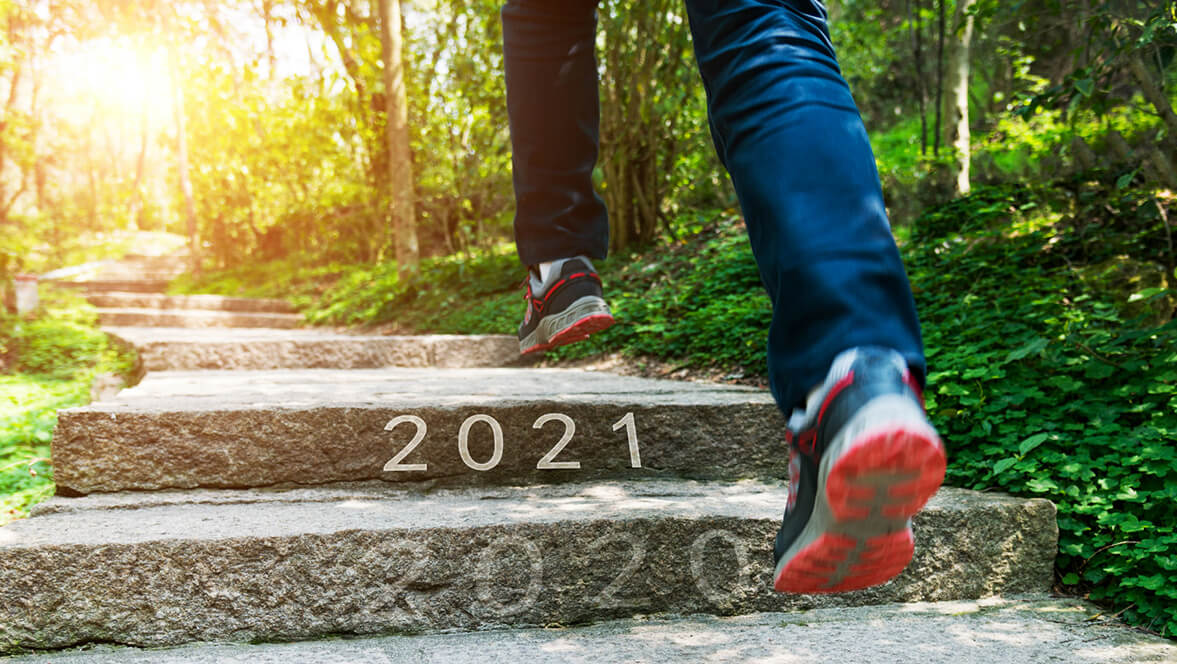
Emeka Okeke, Group CEO, Media Fuse, dentsu Nigeria, believes the best approach to 2021 is combining old and new, known and unknown and settling on a hybrid model for success
The year 2020 started on a bright note, with absolutely no indication of the downturn to come, and it’s a downturn which could go down as the worst in recent history. Along with a sluggish global economy, people around the world experienced large-scale disruption, which forced them to adopt unprecedented innovation.
As a business, we’ve had our fair share of challenges as a result of the pandemic, yet we have remained resolute about providing innovative solutions for our clients’ business, marketing and communication needs, while maintaining a safe and motivated workforce. This is evident in the extra measures taken to cushion the economic impact of the pandemic on staff and clientele, and ensure a smooth transition to the new normal for all.
Hope springs
The future appears to be a cocktail of hope and uncertainty. With the Pfizer-BioNTech COVID-19 vaccine being distributed across the UK and the US, there is much-needed hope for humanity. However, the long-term effects of the pandemic may be felt for a lot longer, as some of the following local trends indicate:
- An increase in the inflation rate, coupled with a continuous fall of the local currency against major foreign currencies
- Global decline in the price of crude oil, leading to an economic recession in Nigeria and most oil-producing countries
- Proposed increase in tax by the Federal Government of Nigeria to fund its 2021 budget, which might present some challenges for businesses – the scope of which is still unknown
- A rise in e-commerce activities
- A spike in the rate of insecurity, fuelled by the nationwide youth protests and insurgence
The above trends have largely affected the business and economic outlook of the country – especially in the marketing and communications industry. This has inadvertently caused a decrease in marketing spend and, more than ever, increased demand for accountability and prudence in ad-spend management.
A changed consumer
It is worth noting that the Nigerian consumers, who are at the centre of our plans, have undergone a lifestyle and priority transformation due to the pandemic.
In a study conducted by GeoPoll in the first half of 2020 to assess the economic impact of the COVID-19 pandemic on five selected sub-Saharan countries, it was discovered that 15% of Nigerians would have no job to return to post-lockdown restrictions, thereby increasing the country’s unemployment rate, which was at 23% in 2018 (WorldBank), to 36%. In addition, 32% of Nigerians will rely on their savings and loans, or credit, to cover expenses. This will affect their disposable income in 2021.
While there are uncertainties, we are committed to confronting the challenges by combining new, innovative ways of thinking and working with proven strategies. In addition to investing in research, technology and data, we are backing our human talent, grooming them to be more than creative or media experts, moving them and our organisation into an era of total yet integrated communication and marketing solutions built around technology and client-centricity.
Live. Learn. Leap.
As a business, COVID-19 has helped us to create hybrid work patterns that have broken the barriers of place and time, creating a higher level of engagement with stakeholders. This trend has proven productive as we have witnessed very successful account transitions, new client on-boarding and pitch processes devoid of physical meetings.
Year 2020 has also birthed for us a platform to drive our e-commerce offerings, which, though currently a grey area, holds a lot of opportunities, as it helps connect the dots of delivering our audiences from point of reach all the way to conversion and delivering ROI for clients.
The challenges of 2020 are here to stay, hence continuous critical analysis of the learnings gleaned is vital in re-forecasting and winning the future.

